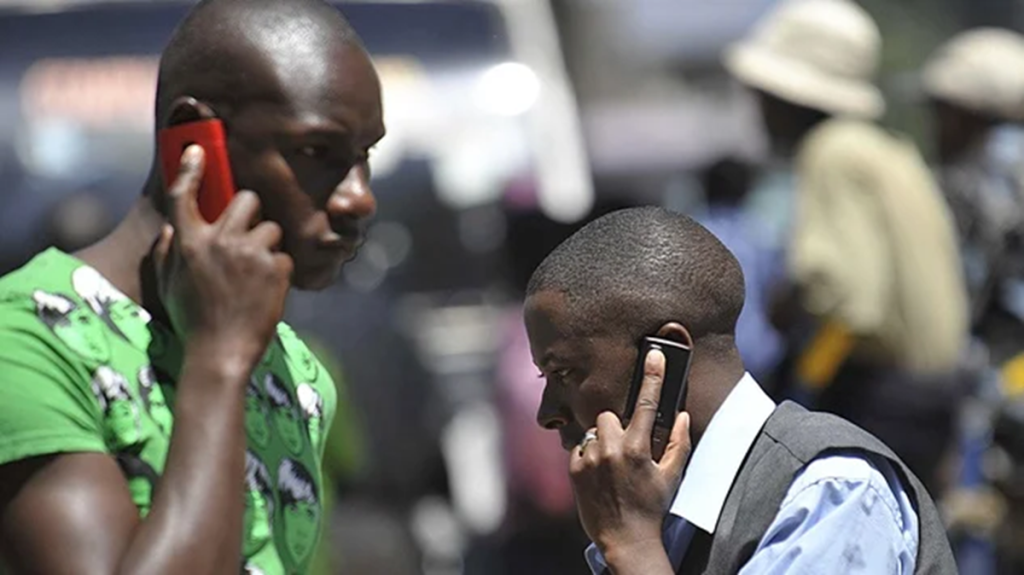Telecommunications giants across the continent are racing to establish eco-friendly data centres to meet skyrocketing demand for digital services. Driven by the continent’s young, tech-savvy demographic, African telcos are investing heavily in data infrastructure with green energy as a key component. This push reflects an urgency to accommodate a projected rise to 623 million mobile subscribers by 2025, a significant leap that positions Africa as one of the fastest-growing mobile markets globally.
With mobile technology already transformative in Africa—evidenced by the groundbreaking success of Kenya’s M-Pesa and other mobile payment systems—the need for robust data storage facilities has never been greater. Sixty percent of Africans now access the internet via mobile devices, underscoring a massive demand for reliable digital infrastructure. According to the International Finance Corporation (IFC), Africa’s internet economy could comprise 5.2% of the continent’s GDP by 2025, contributing nearly $180 billion, which has made developing this infrastructure an economic imperative for telcos.
Safaricom, a leading Kenyan telecom firm, is pioneering this green data centre movement. The company announced plans in its 2024 sustainability report to construct three Tier 3+ data centres. These facilities will not only support Safaricom’s evolving digital services but also align with its goal of becoming a leading technology-driven enterprise in Africa by 2030. Each centre will incorporate solar power and collaborate with renewable energy providers, creating an environmentally sustainable blueprint for data centres across the continent.

Similarly, MTN Nigeria is poised to make history with its forthcoming 1,500-rack Tier 4 data centre, which is set to be the largest in West Africa. CEO Karl Olutokun Toriola emphasized the facility’s role in fostering Nigeria’s digital economy, particularly for local businesses relying on cloud services for growth. Designed to adhere to stringent Environmental, Social, and Governance (ESG) standards, MTN’s data centre will feature efficient cooling systems and a hybrid energy model, combining traditional and renewable sources to minimize environmental impact.
Airtel Africa has also joined this green revolution, breaking ground in Lagos, Nigeria, in March on one of the continent’s largest data centres. The multi-million-dollar project, Nxtra by Airtel, marks a key step in Airtel’s vision to establish a pan-African network of high-capacity data centres. According to Airtel’s 2024 Sustainability Report, energy efficiency remains a cornerstone of the company’s infrastructure approach, further underscoring the industry’s commitment to sustainable operations.
Read also: “Do You Know Who I Am?” – The Art of Nigerian ‘Bigmanism’ and its Everyday Performers
The industry’s growth is underscored by the Africa Data Centres Association, which highlights an urgent need to close infrastructure gaps across the continent. Kenya, Morocco, and South Africa are leading in market growth, though a recent report indicates Africa needs 1,000 MW of data capacity and 700 additional facilities to meet regional demand. Currently, Africa accounts for less than 2% of the global colocation data centres supply, with over half of that capacity concentrated in South Africa.
The expanding data infrastructure across Africa signals a broader commitment to digital sovereignty, with data centres serving as crucial assets for economic operators seeking independence in a globalized digital economy. Nigeria, for instance, stands as the continent’s largest digital economy, with the internet contributing $36.5 billion to its GDP, followed closely by South Africa and Egypt. This trend underscores Africa’s emerging role in the global digital economy, providing telecommunications firms with new revenue streams and digital transformation opportunities.





